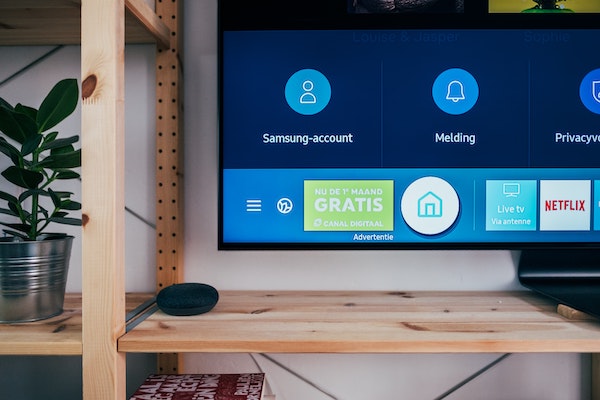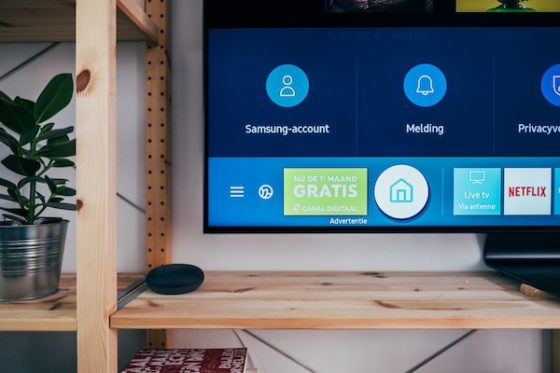Partner content
How to easily watch foreign TV from the Netherlands in 2022

Missing your favourite television programmes from back home, or worried about internet security? A VPN might be the answer.
A VPN (Virtual Private Network – read more about it here) is a way of protecting your connection while you’re using the internet. It makes your browsing private, hides your IP (Internet Protocol) address and ensures your internet service provider (ISP) doesn’t track you.
A VPN will encrypts your internet traffic, making your browsing more secure and private but it will also allow you to bypass restrictions such as government censorship and access more internet content – such as those much missed television shows.
How does it work?
A VPN works by routing your device’s internet connection through your chosen VPNs private server rather than your internet service provider (ISP).
By doing so, a VPN changes your visible IP address. A VPN makes it appear as if you’re browsing from the VPN server’s location instead of your device.That’s why you can appear virtually anywhere in the world using a VPN.
A VPN protects you on public Wi-Fi
Free public Wi-Fi may be handy if you’re on the go. But it is also really unsafe and makes you vulnerable even to basic cyber attacks. A VPN encrypts your online data and helps secure your personal information when you use Wi-Fi in airports, coffee shops, or other public places. It’s useful for hiding your web activity when you want to access sensitive information in public like online banking, emails, or crypto assets.
A VPN masks browsing and torrent history
Masking your IP address is essential to secure online privacy. A Virtual Private Network ensures that your location and browsing habits aren’t directly linked to your identity. This way, you can surf with peace of mind without any third parties trying to steer your choices.
A VPN unlocks blocked and censored websites
Access to various websites is restricted in many countries due to geo-blocking and censorship. You can unblock sites by connecting to a VPN server based in a different country. This allows you to bypass internet censorship and various geo-restrictions for content, social media, whistleblowing, or even research purposes. A VPN server based in Britain, for example, would give you access to BBC iPlayer.
A VPN helps stream services privately
A VPN provider like Surfshark has ultra-fast servers and unlimited bandwidth which will ensure a buffer-free experience. This way, you can always stay private when streaming your favourite shows and movies. Surfshark has put together comprehensive research of which countries have the best-rated, award-winning movies and TV shows in their Netflix libraries so you can see what you could be watching if you used a VPN with a server in the US, for example.
A VPN helps you avoid price discrimination
Websites and services use your location and cookies to tailor prices for their goods and services. With a Virtual Private Network, you can avoid such marketing practices and save a euro or two when shopping online or buying airplane tickets.
Is it legal?
Using a VPN to surf the web, stream programmes or play games is completely legal in the Netherlands – and even supported by the government when it comes to self-protection. It is not, however, legal to use a VPN for downloading and sharing copyrighted material.
So how do you know which one to choose?
There are a few key things to think about when choosing a VPN, including speed, ease of use, tech support and where its servers are located. Check the performance via one of the many review sites out there!
Surfshark, for example, was recently given a 9.5 score by review website VPN Gids for its Dutch service, and 9 points for security. It is also described as being extremely easy to use and reasonably priced, with current deals around for as little as €2.19 a month.
Thank you for donating to DutchNews.nl.
We could not provide the Dutch News service, and keep it free of charge, without the generous support of our readers. Your donations allow us to report on issues you tell us matter, and provide you with a summary of the most important Dutch news each day.
Make a donation